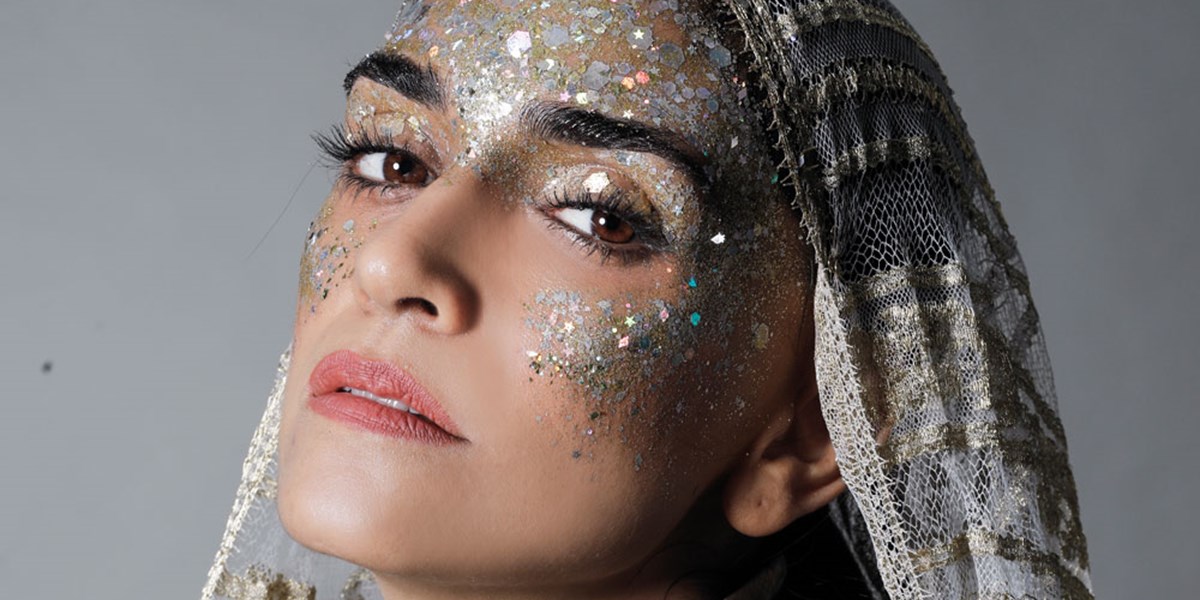Wednesday, February 10, 2021
Liraz interview: “I refuse to be silenced like women in Iran, who see my videos and tell me ‘Thank you!’”
The Israeli-Iranian singer and actress Liraz talks to Jane Cornwell about rediscovering her Iranian roots, singing in Persian and the risks taken to fulfil her desire to record with fellow Iranian musicians

Liraz (photo: Ronen Fadida)

Register now to continue reading

Thanks for visiting the Songlines website, your guide to an extraordinary world of music and culture. Sign up for a free account now to enjoy:
- Free access to 2 subscriber-only articles and album reviews every month
- Unlimited access to our news and awards pages
- Our regular email newsletters

